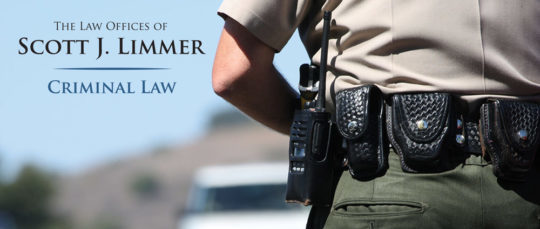In a 5-3 decision in Thomas v. Madrid, handed down March 25, the U.S. Supreme Court ruled that victims of police shootings qualify as having experienced a “seizure” subject to the Fourth Amendment’s ban on unreasonable searches or seizures, even if they were able to evade arrest. Written by Chief Justice John Roberts, the decision […]
Category: Police misconduct
Article: New York DAs List Cops Who May Be Problematic Witnesses
UPDATE: In November 2019, the Brooklyn DA publicly releases a part of the NYPD do not call list which includes 54 allegedly unreliable cops with questionable credibility. Prosecutors in four New York boroughs are already using still-secret databases they have compiled of police force members who may have problems being believed if they testify as […]
Article: Body Searches of High Schoolers Bring Indictments for Sheriff, Deputies
A warrantless drug search of all 900 students at a southern Georgia high school has brought a multi-million-dollar court settlement to be paid to the students, and a grand jury indictment for the county sheriff and two deputies. Early one mid-April morning, the students and staff of Worth County High School were suddenly told that […]
Article: Body Searches of High Schoolers Bring Indictments for Sheriff, Deputies
Warrantless Body Searches Leave Teens Traumatized A warrantless drug search of all 900 students at a southern Georgia high school has brought a multi-million-dollar court settlement to be paid to the students, and a grand jury indictment for the county sheriff and two deputies. Early one mid-April morning, the students and staff of Worth County […]
Article: Cop Fired for Arresting Nurse Who Blocked Unconsented, Warrantless Blood Draw from Patient
Videos, taken on July 26 in the emergency room of the University of Utah hospital’s burn unit, show Jeff Payne, a veteran Salt Lake City policeman, growing increasingly frustrated as he argues with Alex Wubbels, the unit’s head nurse, a blonde female in blue scrubs, over the cop’s intent to draw a blood sample from […]
Article: Man Hit with DUI Charge, Even When Tests Show Only Caffeine
Driving home from work on an interstate north of San Francisco in August 2015, glassworker Joseph Schwab, 36, was waved over to the side of the road by an agent of the California Department of Alcoholic Beverage Control, who accused Schwab of cutting off her unmarked vehicle, weaving in and out of traffic, and driving […]
Article: Relative Handful of Cops Involved in Chicago’s Misconduct Outlays
Maybe the sums paid for police misconduct awards should be paid out of that law enforcement agency’s budget? If you ran a business which regularly had to pay out significant sums to settle lawsuits over alleged misconduct by your employees, what might you want to do to address that? Wouldn’t you want to know which […]



